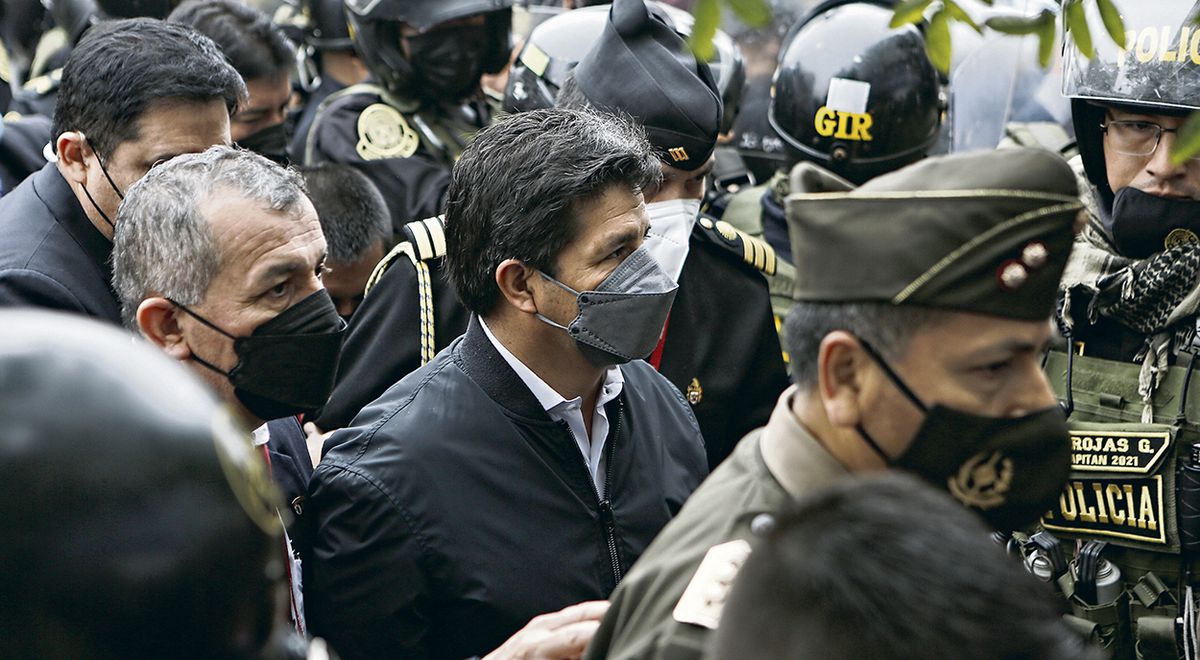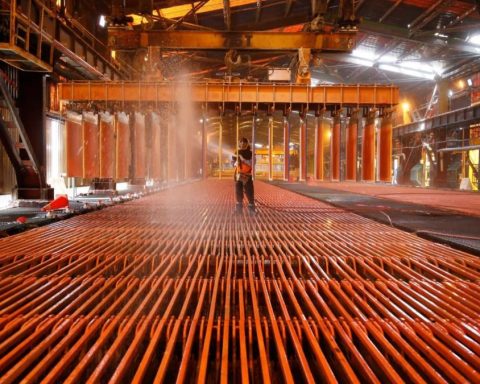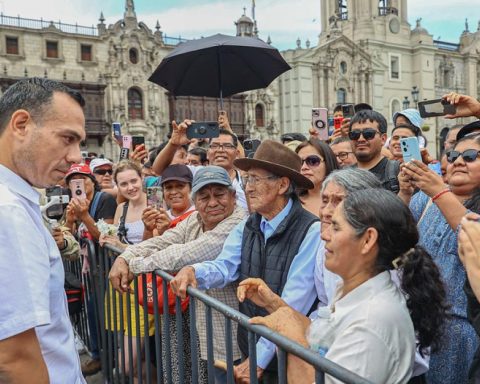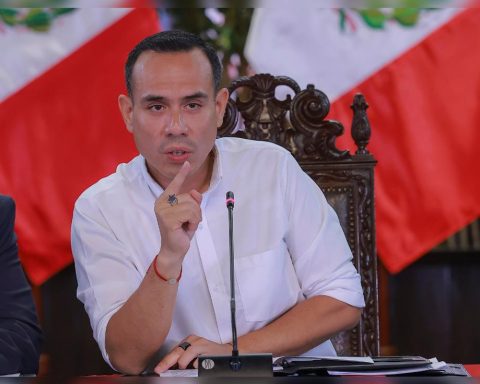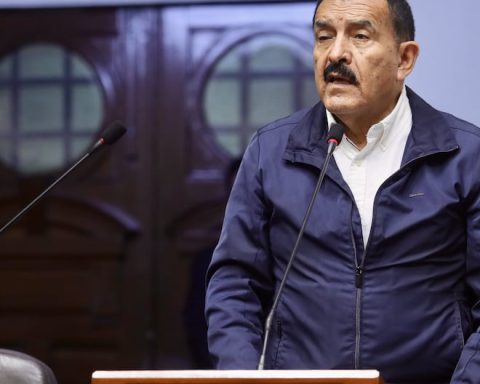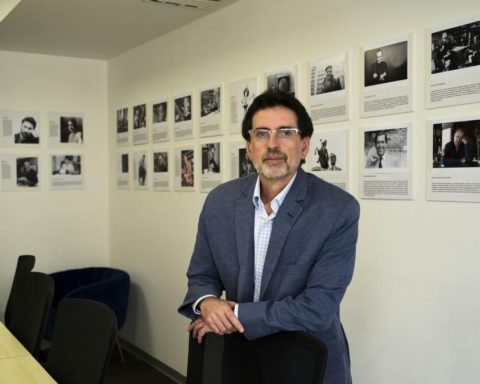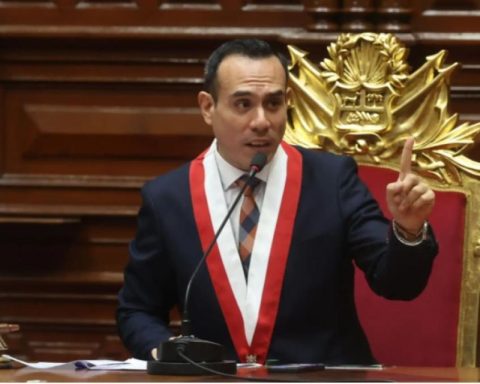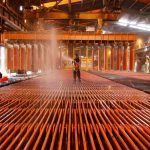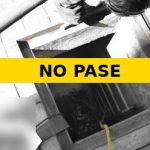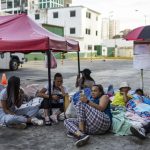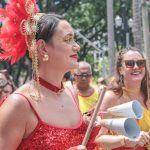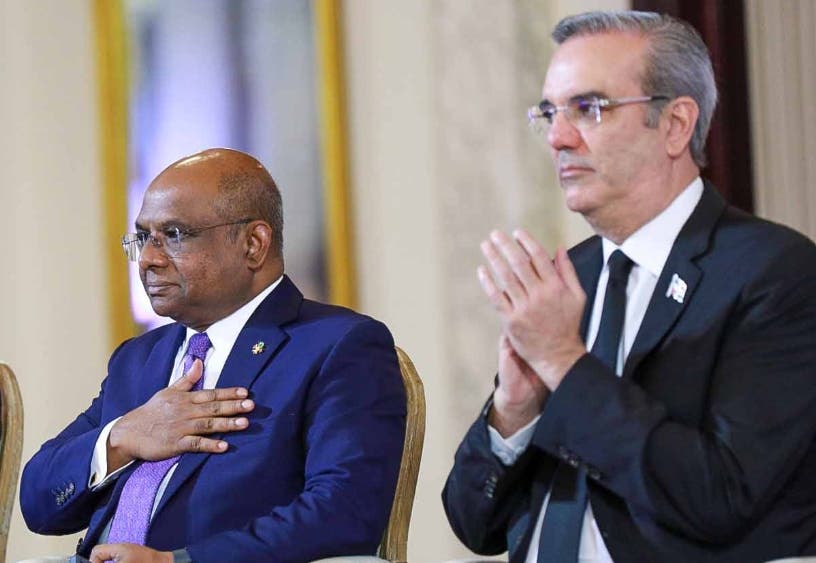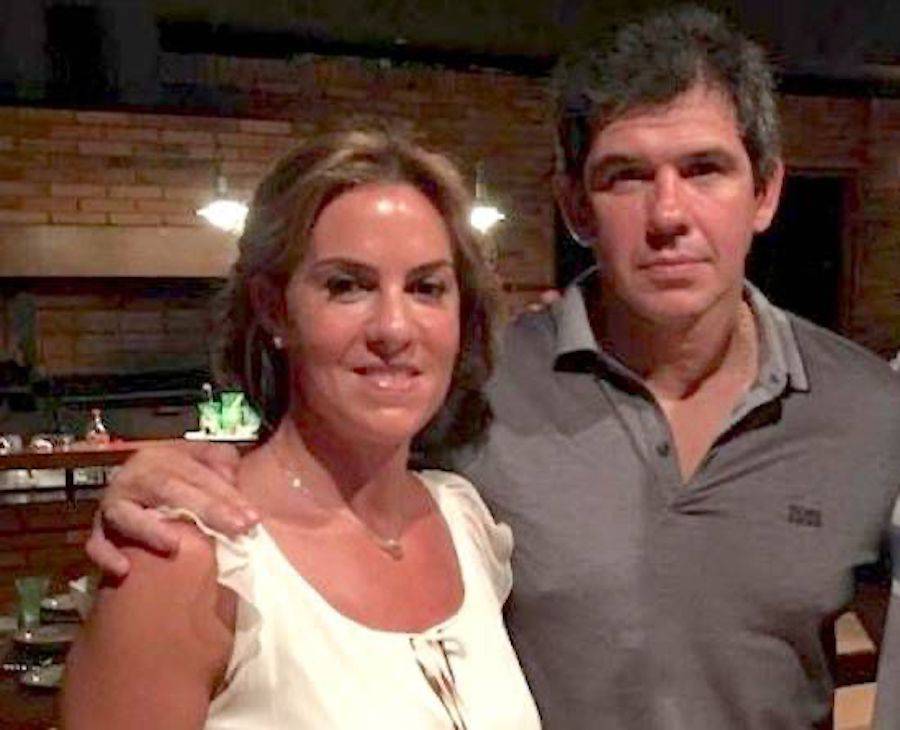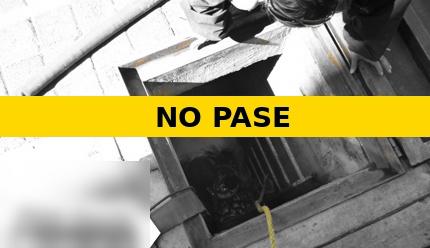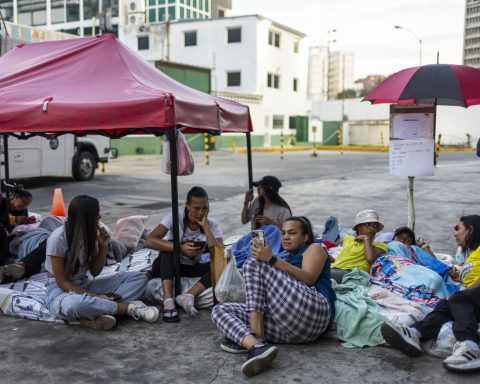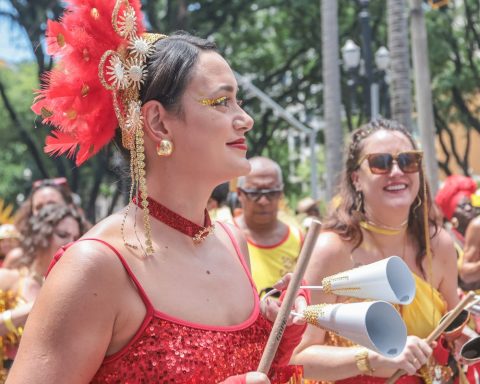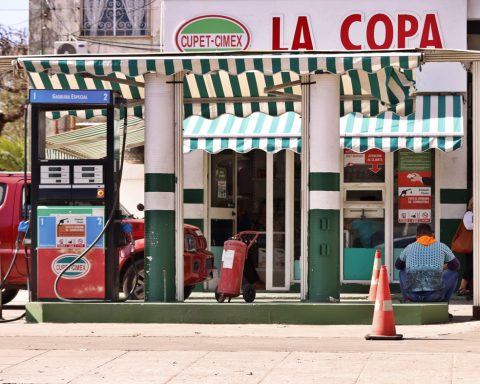President Pedro Castillo Terrones went to the headquarters of the Public Ministry to testify as an investigator. The first time in the history of the country that a head of state goes to the prosecutor’s office to testify as an investigator.
By mandate of article 117 of the Constitution, the Public Ministry always considered that a president could not be investigated, but the current prosecutor of the Nation has changed his opinion.
The prosecution considers that there are sufficient indications of acts of corruption that make it necessary to carry out an investigation and summoned the president to present his defenses, this Friday, June 17.
Through his lawyer Benji Espinoza, the president asked the Judiciary to assert the protection conferred by the Constitution and annul the investigation. Supreme Judge Juan Carlos Checkley has not yet ruled.
Collaborators. President Castillo clarified the versions of Karelim López and Zamir Villaverde. Photo: Composition/Dissemination
Diligence
The interrogation took place on the 11th floor of the Public Ministry headquarters and was conducted by the National Prosecutor, Pablo Sánchez, and the Supreme Deputy Prosecutor, Samuel Rojas Chávez.
Castillo arrived at the prosecutor’s office walking from the Government Palace. Along the way, detractors treated him as a terrorist, criminal and corrupt, to which he did not respond. Neither was his safety.
“In order to clarify the complaints and speculations against me, today I will go to the National Prosecutor’s Office in an act of transparency with the people and collaboration with the justice system,” he said through social networks.
Leaving the prosecutor’s office, he told the press: “We have been where we belong today. In a situation on the part of the prosecution, where we have given ourselves all the time and the disposition to answer all the questions. From here I tell you that we are willing to continue responding because Peru needs things to be clarified and we are going to continue doing so, “he said.
During the diligence, he was accompanied by his lawyers Benji Espinoza, Eduardo Pachas and Jorge Díaz.
Fiscal. Pablo Sánchez led the interrogation. Photo: diffusion
Interrogation
The interrogation lasted a little over three hours. Little time for the magnitude that is given to the case. The president was sparing in his answers, but he did clarify some issues beyond the answers that he gave in writing to prosecutor Luz Taquire.
There were about 100 questions. For example, he said that he was unaware that former Presidential Secretary Bruno Pacheco kept $20,000 in his office, as he responded to prosecutor Taquire.
However, he added that he found out about the existence of that money on the news and then he did ask what it was about. Pacheco replied that it was money from his savings to pay his lawyers.
Regarding his nephews Fray Vásquez and Gian Marco Castillo, he pointed out that he recently had close contact with them after the electoral campaign and that the visits they made to the Government Palace were of a family nature and that they never spoke of companies or contracts with the State.
He acknowledged that he met twice with Karelim López, although he did not remember exactly what they talked about, but that he did not receive any money from her. He explained that the first time she greeted him for his electoral victory and the second time she recommended that he do works for the benefit of the country.
Regarding the tenders and the MTC, he stated that he did not designate Juan Silva for an illicit project or with economic objectives. He also denied having had any interference in the bids, since it was not his responsibility.
He replied that he met with the Popular Action congressmen, as well as with representatives of other parties, for political issues and relations with Congress. He added that he never promoted or participated in any meeting between Minister Silva and congressmen.
In general, he denied being part of or leading a criminal organization, having received money directly or through third parties for any public tender. ❖
Critics. Upon arrival, he was insulted by various citizens. Photo: Marco Cotrina/The Republic
Bridge
Research. President Pedro Castillo went to the prosecutor’s office to clarify the complaints made by Karelim López and Zamir Villaverde about an illegal organization to benefit from the tenders in the Ministry of Transport and Communications.
